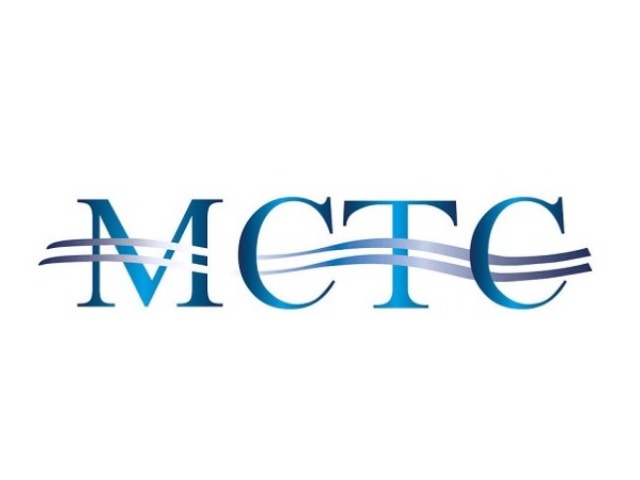Unhealthy eating can cut productivity levels among seafarers by 20%, highlighting the need for shipping companies to hire a catering management provider that specialises in preparing and serving nutritious food.
Christian Ioannou, Managing Director of MCTC, the leading international catering management and training provider, believes this startling statistic from the World Health Organization must be taken seriously by vessel owners, managers and operators around the world.
“Studies from recent years show that what you eat has a direct impact on your work performance,” he said. “Energy comes from glucose, which can be found in almost everything we eat. However, the rate at which our bodies convert food into glucose – which our brains need to keep us alert – is dependent on what we consume.”
Foods such as bread, pasta and cereal release glucose quickly, causing a spike and then slump in energy. High-fat meals involving cheeseburgers and French fries provide more sustained energy, but the body has to work harder to break them down – reducing oxygen levels in the brain and making someone feel groggy.
“Vitamins and minerals affect our mental and physical health,” said Nichole Stylianou, Nutritionist at MCTC. “Food provides the body with essential nutrients, which can only be obtained directly from diet. For example, Vitamin C lowers cortisol levels, which is a stress hormone, while complex carbohydrates increase the production of serotonin, commonly known as the happiness chemical.”
Sven Schröder, Business Development Director at MCTC, said a balanced, nutritious diet would give seafarers the energy they needed to work safely and efficiently. “The best way to provide that is to outsource to a catering management company that understands how eating the right foods can have a positive impact on someone’s productivity,” he added.
MCTC offers a full Catering Management Programme covering a vessel’s entire catering management needs such as ordering supplies, recipe planning, menu management, health and nutrition – all of which reduce vessel running costs. It also provides a Catering Competency Development Programme, designed to increase standards in the galley through a safe food handling and nutrition course; onshore upgrading culinary course; trade tests; briefings; onboard visits and crew conferences.









































